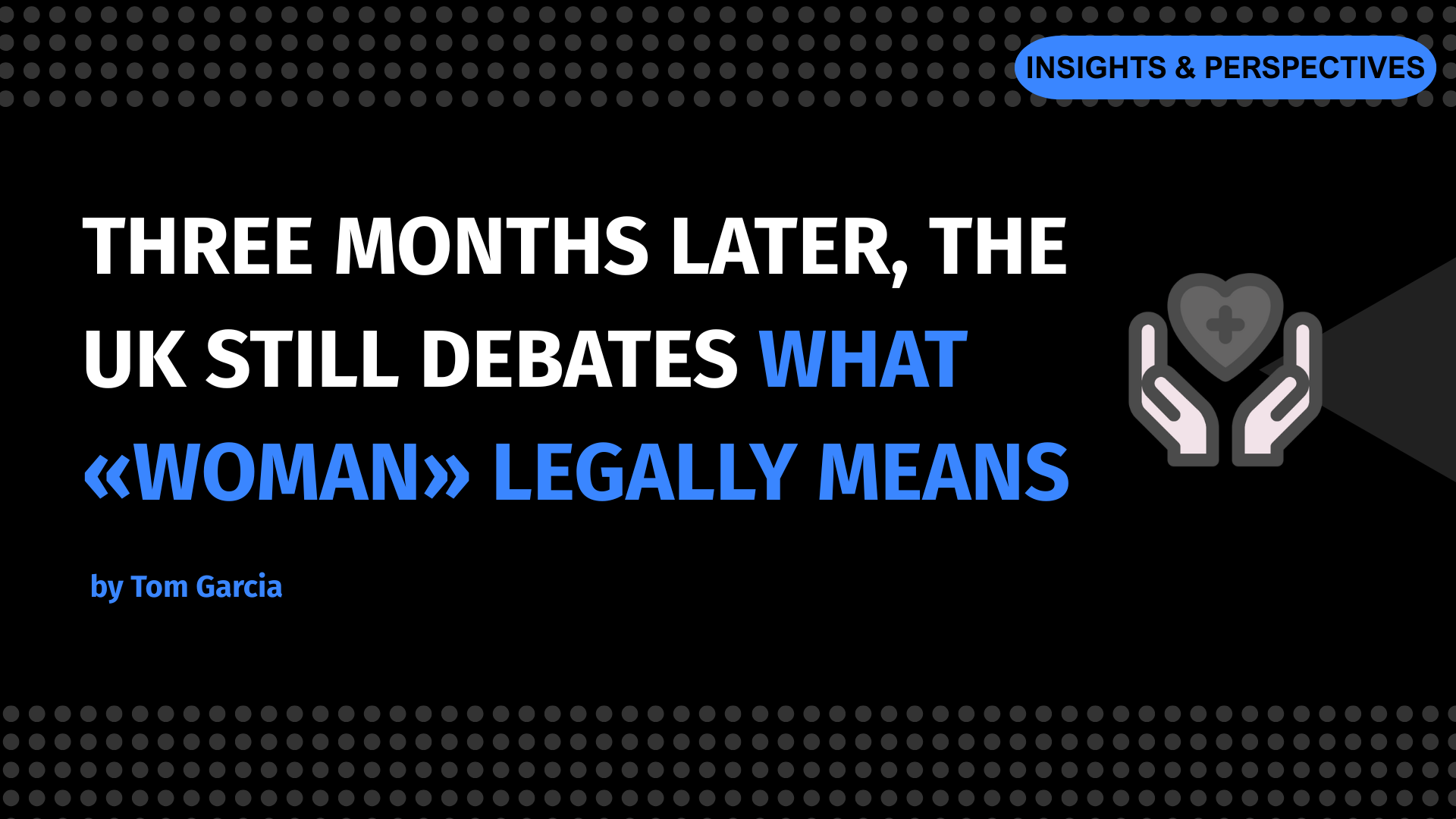In a world where medical innovation moves faster than ever, a quiet battle unfolds in the background: the protection of healthcare data. Hospitals and research centers are no longer just spaces of healing—they are now digital ecosystems vulnerable to cyber threats that can compromise not only information but also lives.
The urgency of cybersecurity in healthcare is evident. But beyond the firewalls and encryption, there lies a fundamental question: What does it mean to protect a patient in the digital age?
Cyberattacks on hospitals can delay surgeries, compromise access to treatments, and even result in the manipulation of health records. These aren’t just technical failures—they are ethical crises. A health system that cannot protect the privacy and integrity of its data risks undermining the trust on which patient care depends.
Informed consent, confidentiality, and autonomy—core principles of medical ethics—must evolve to meet the challenges of the digital era. If algorithms help doctors make decisions, who ensures those algorithms aren’t compromised? If private health information is shared across borders, who is accountable when it’s leaked?
As digital infrastructure becomes central to modern medicine, the defense of healthcare systems cannot be left solely to IT experts. It must be a multidisciplinary effort that includes legal, ethical, and clinical perspectives. The right to healthcare is not only about access—it’s also about security, dignity, and respect.
This reflection was inspired by the article “The Future of Healthcare Cybersecurity: Preemptively Defending Against Emerging Threats” by David Ting, published in MedCity News, April 2025.



